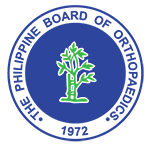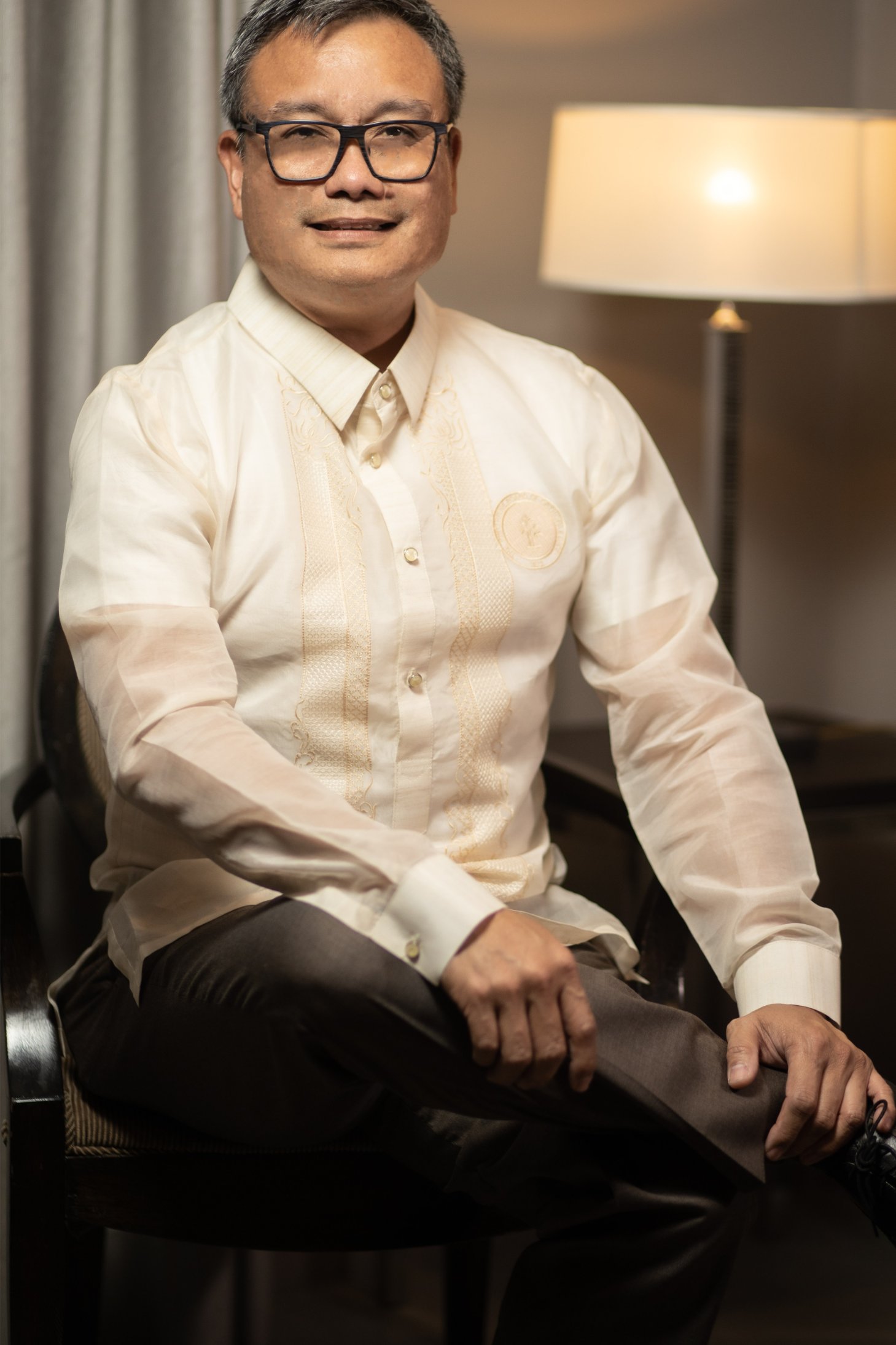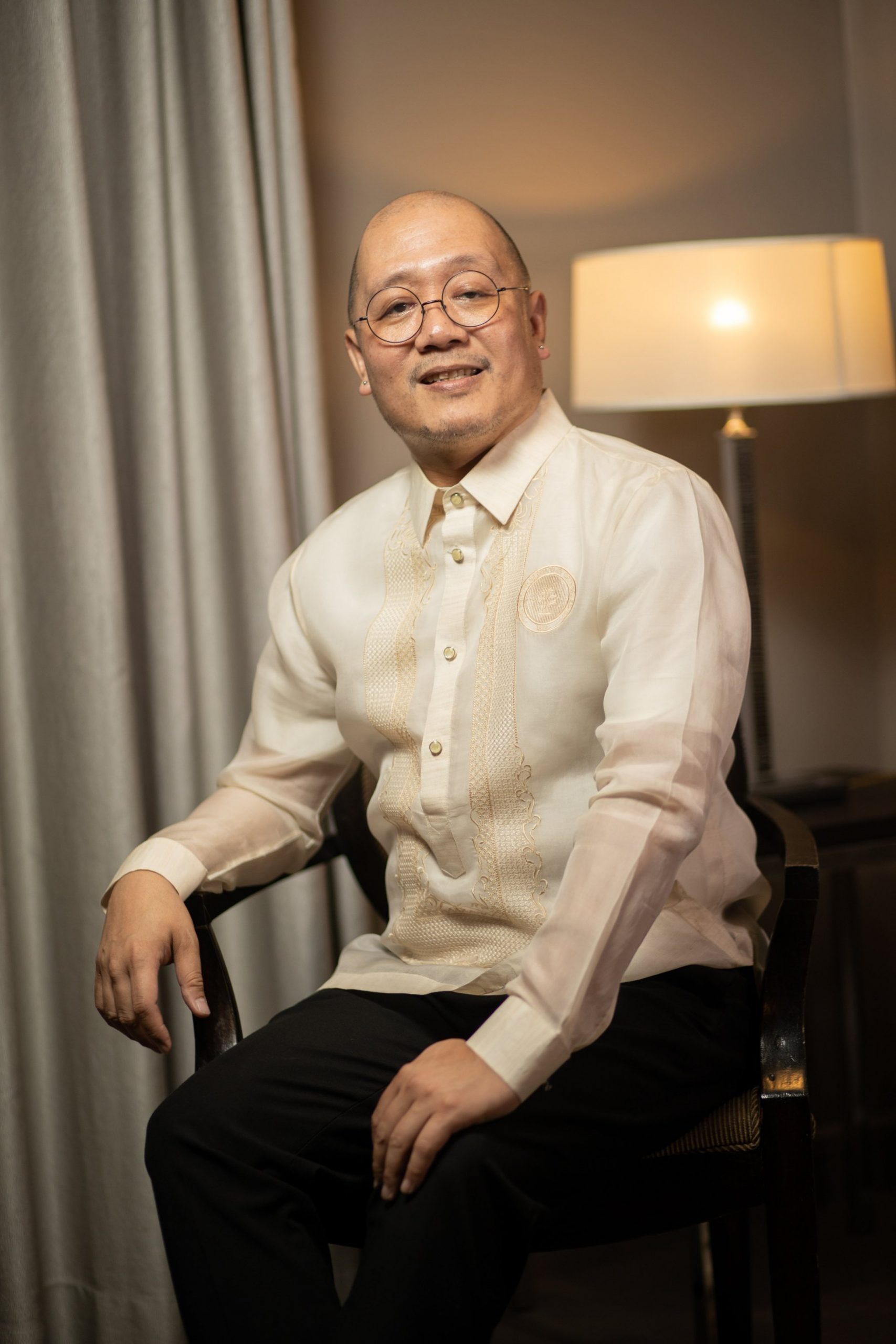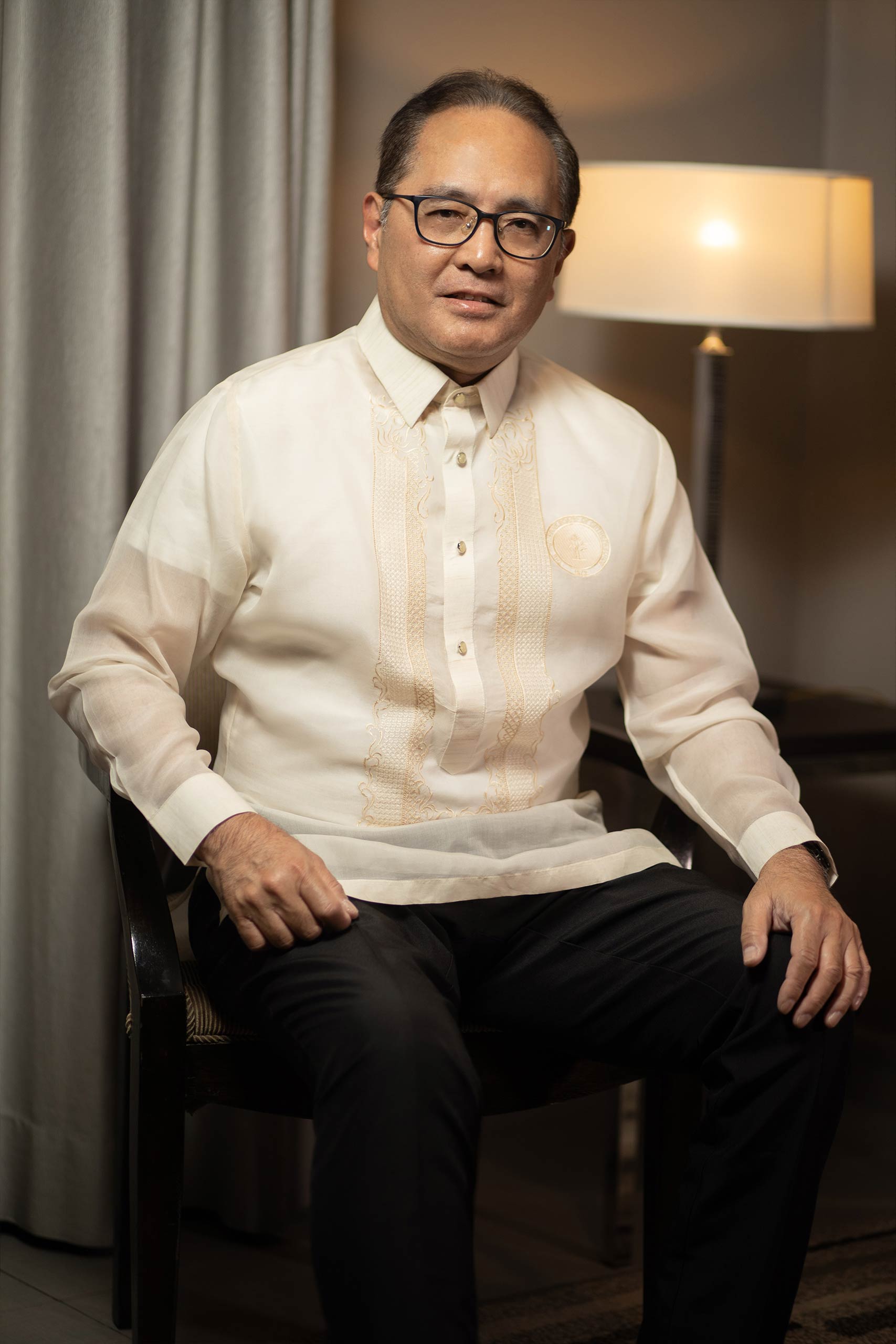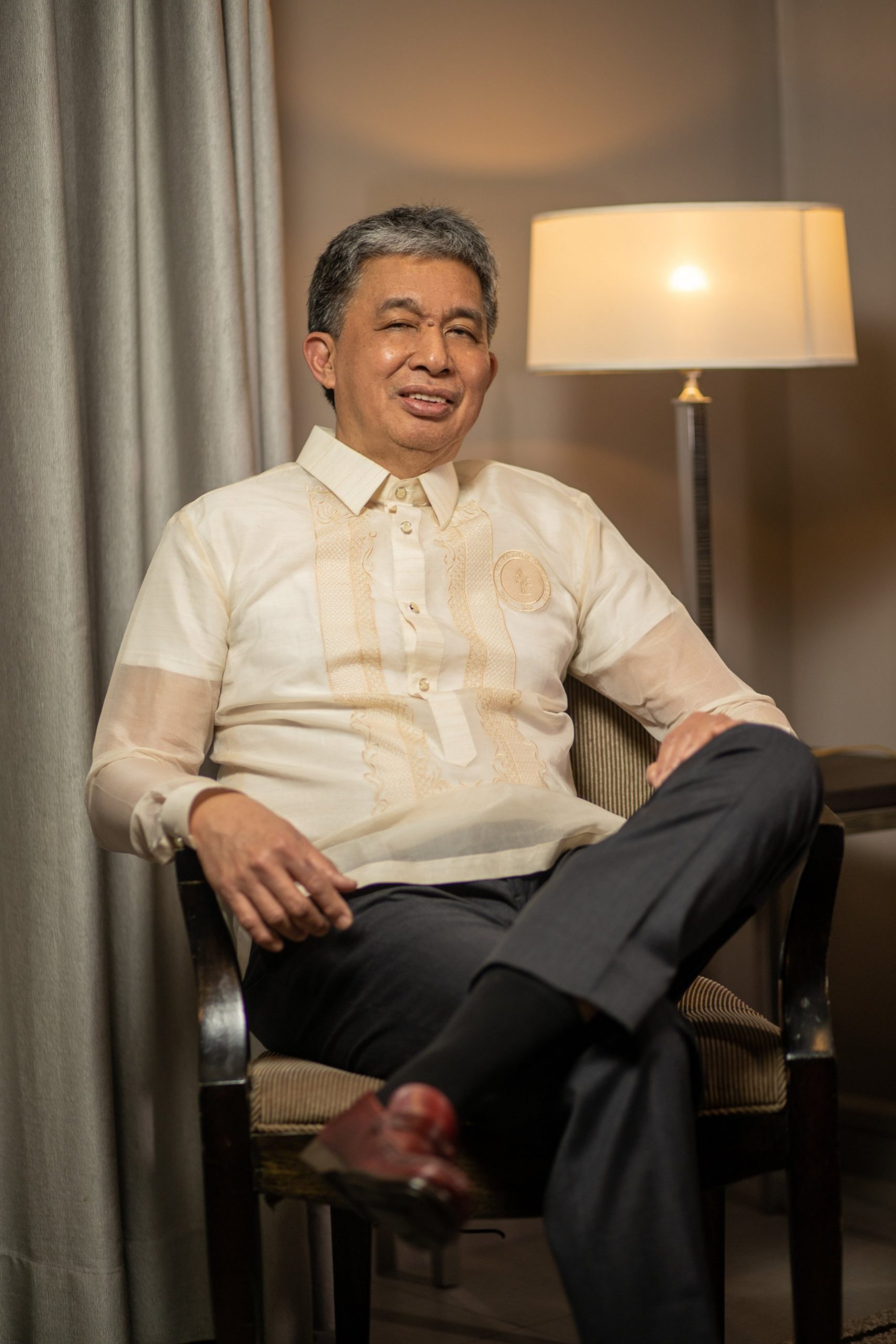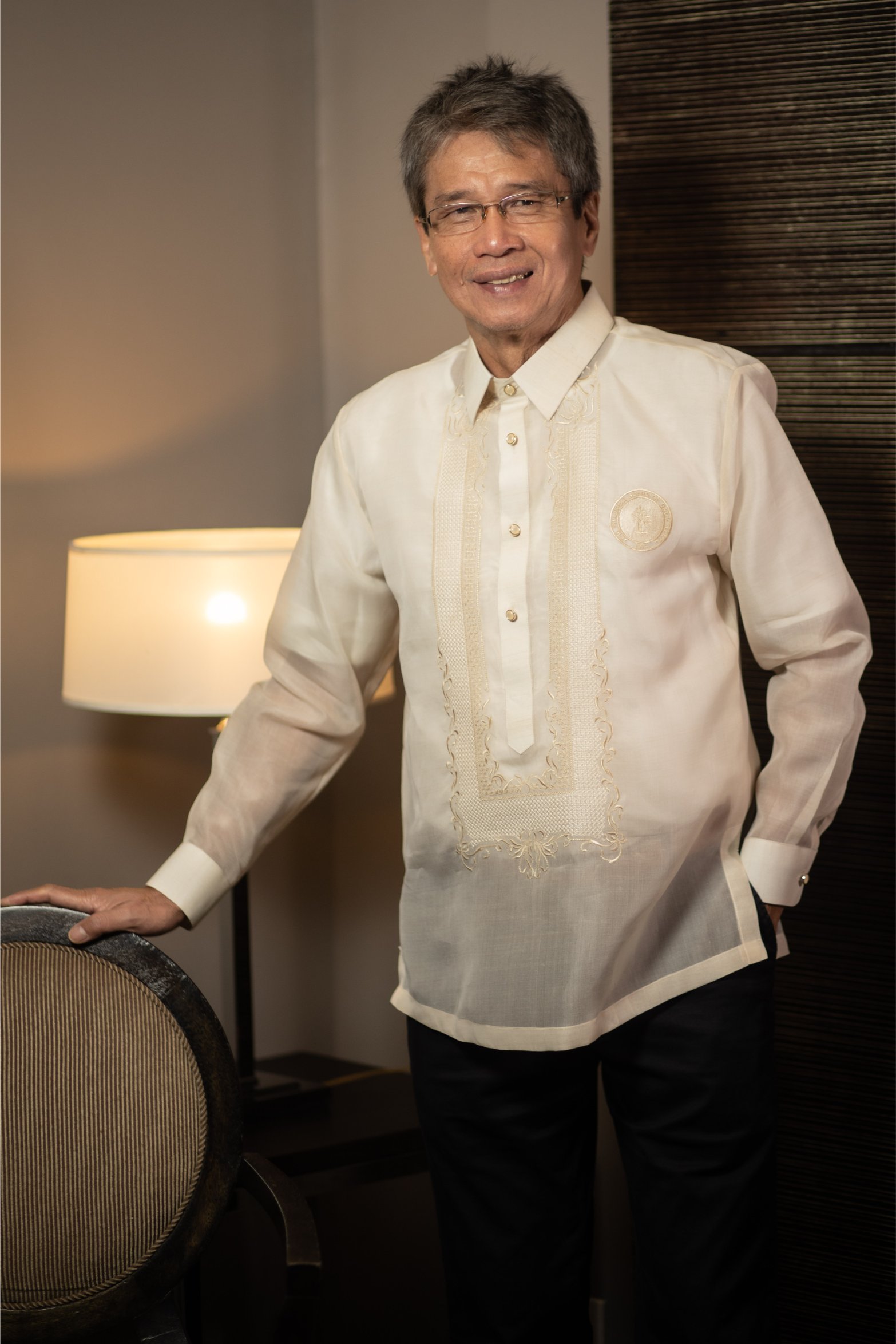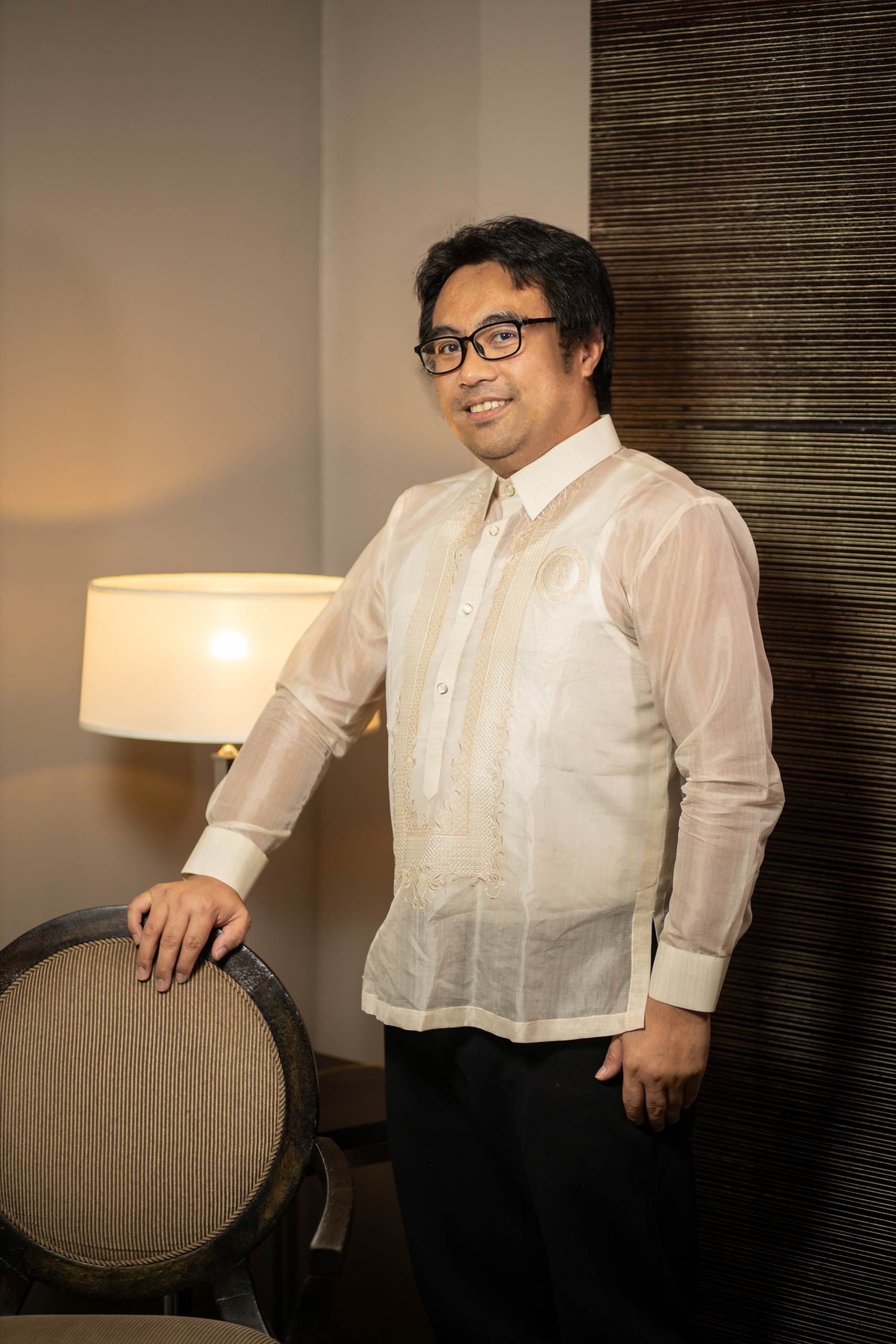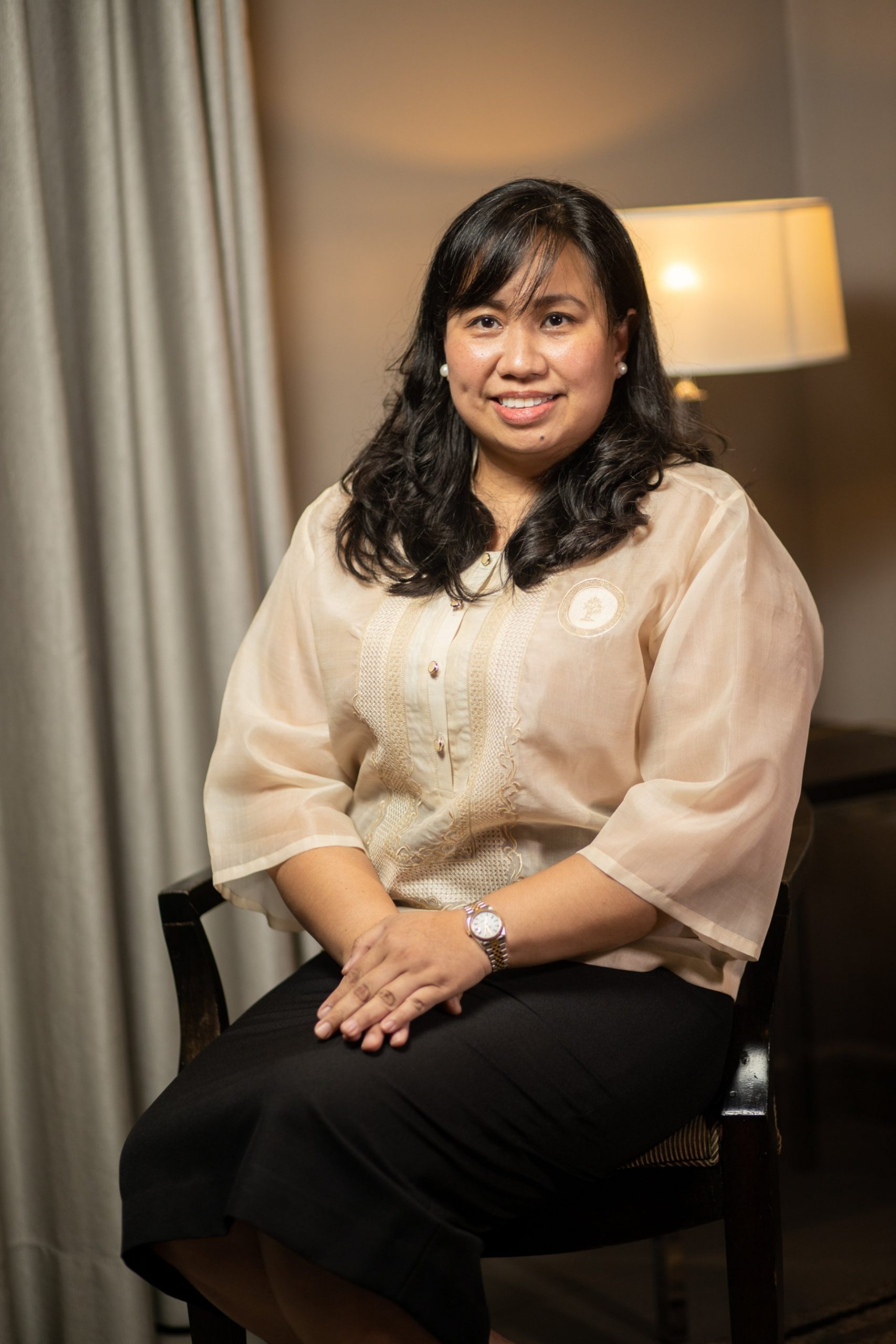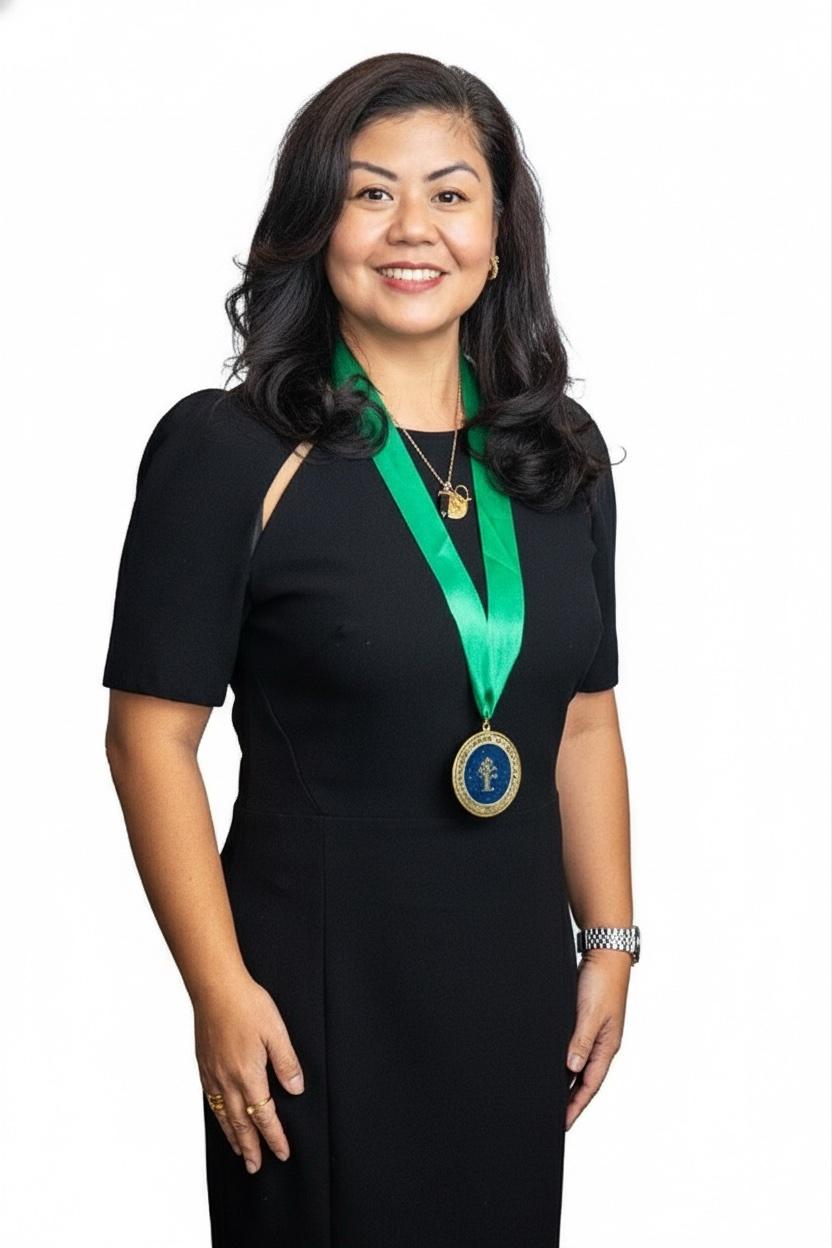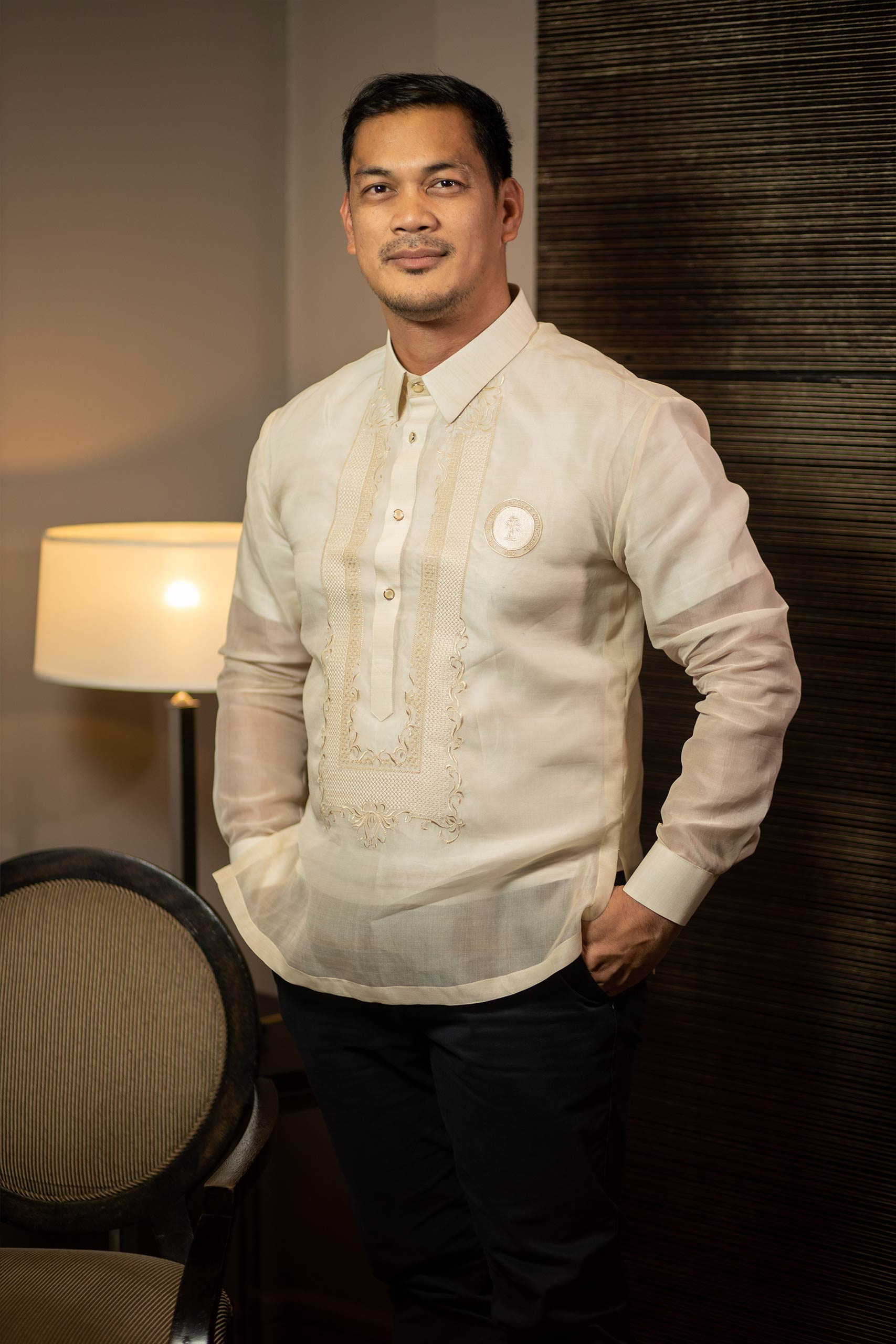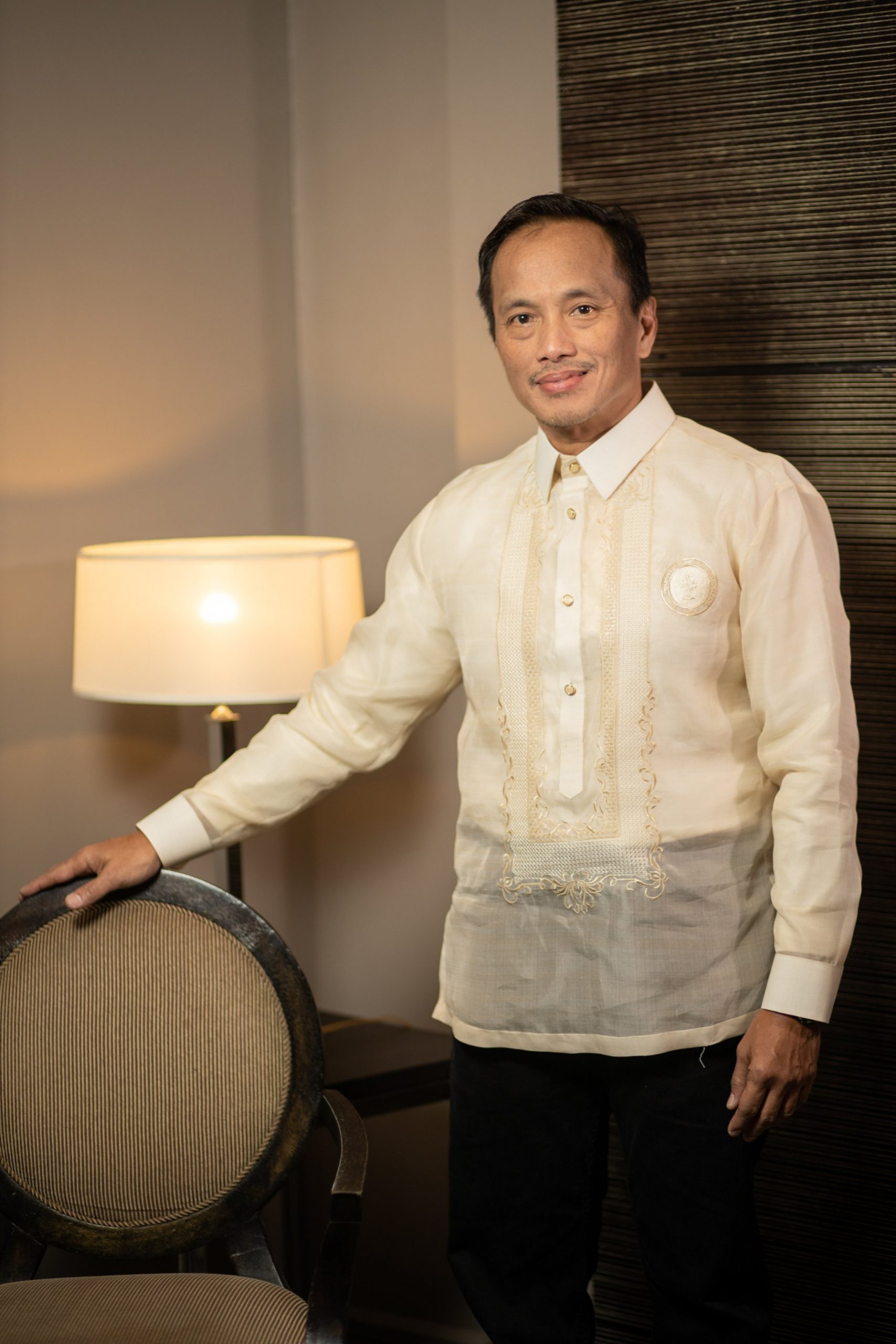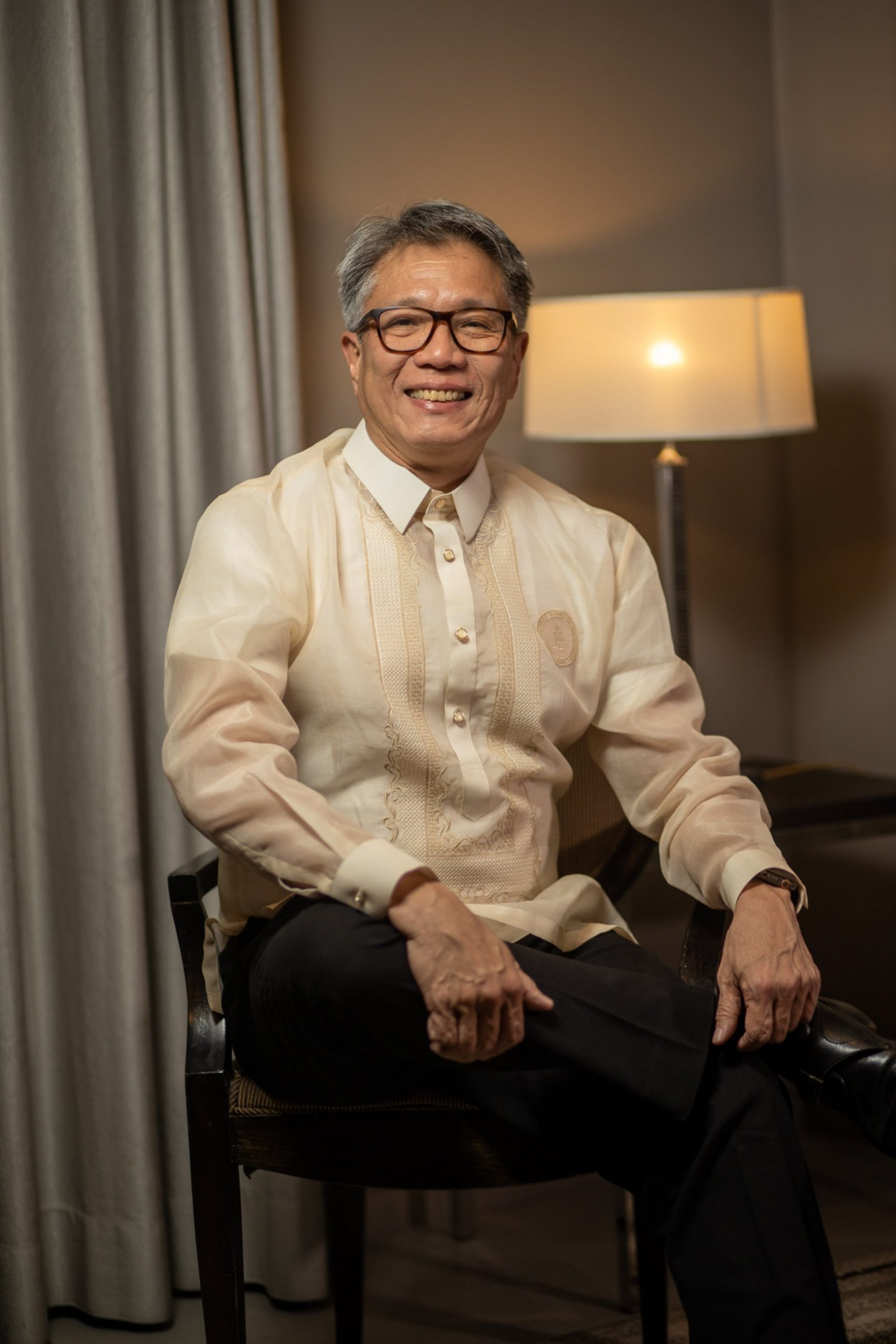The Philippine Board of Orthopaedics Inc. Trustees
From the Board’s inception, five trustees ran its day-to-day affairs. With less than ten training programs all over the country, this seemed to be an ideal setup. The PBO must have done its job well because orthopaedic education flourished, with more training programs arising in the country’s many regions. With the increase in demands, starting from the late eighties to its current state, twelve trustees compose the Board of Trustees. There is an urgency to increase this number of Trustees further. As of this golden year, with twenty-two programs and with six more up for visits and provisional accreditation, the Trustees find themselves multi-tasking and getting overwhelmed with the tasks at hand. There is, indeed, a much-needed review of the current by-laws of the organization.
Five or twenty Trustees, the Board, is mandated as the official accrediting and examining arm of the Philippine Orthopaedic Association, Inc. (POA). This is stated in the current constitution and by-laws as approved in 2019. Administrative functions of the Board are handled by the issuance of resolutions and rules of procedures so long as they do not contradict the constitution and by-laws. With the participation of several Past Chairpersons of the Board, the Board of Trustees has come up with the “Manual of Policies and Procedures for Orthopaedic Residency Education,” more informally referred to as the Greenbook. Currently, we are using the 4th edition (2017) of this Greenbook, with a 5th edition in the edit and revisions stage.
The Board of Trustees refers to other Specialty and Sub-specialty Boards as standards of reference in terms of good practice and governance. We also work with the Surgical Specialty Boards for standardization and updating. Adaptive changes, particularly during the pandemic years, were necessary to survive the training standards and the continuance of training programs despite the pandemic’s severe limitations. The Philippine Professional Regulatory Commission, the Department of Health, and the Philippine College of Surgeons are important agencies with which the Board of Trustees works. During this pandemic, the Philippine Medical Association and the Interagency Task Force (IATF) on Covid19 also influence many of the decision-making of the Board. Because of this, the Board’s decisions are very grounded on acceptable norms of engagement.
Future work lies on the mandate of being the examining and accrediting arm of the POA. Soon, the future Board may be augmented by Trustees that are experts in pedagogy and orthopaedic education. We also see a separation of these two mandates. A separate Examination and Accreditation arms are not such a far-fetched idea. Whatever the task of the Board of Trustees is always and shall always be for the betterment of orthopaedic education.
BOARD OF TRUSTEES 2026
COMMITTEES
| COMMITTEES | HEAD | MEMBERS |
| Accreditation Committee | Dr Edward Sarrosa | Dr Richard Condor |
| Dr. Harem Deiparine | ||
| Examination Committee | Dr. Justiniano Bai | Dr. Adrian Catbagan |
| Dr. Rosalyn Flores | ||
| Dr. Ma. Lilia Monina Jose | ||
| Dr. Lendell Gatchalian | ||
| E-logbook | Dr. Arnaldo Favila | Dr. Richard Condor |
| Website Committee | Dr. Lendell Gatchalian | Dr. Richard Condor |
| Dr. Ma. Lilia Monina Jose | ||
| NORAP | Dr. Henry Tupas | Dr. Leonard Khu |
| Dr. Arnaldo Favila | ||
| Dr. Harem Deiparine | ||
| Dr. Isagani Garin | ||
| Dr. Reynaldo Lopez | ||
| Greenbook 5 Committee | Dr. Lendell Gatchalian | Dr. Rosalyn Flores |
| Awards | Dr. James Paggao | Dr. Lendell Gatchalian |
| Dr. Harem Deiparine | ||
| Elections Committee / Search and Nominations Committee | Dr. Maria Adelwisa Belen | Dr. Adrian Catbagan |
| Dr. Richard Condor | ||
| Corporate Governance | Dr. Henry Tupas |
